
I started med school when I was 32. Unlike most of my comrades, I came to the table with a little living already under my belt. By the time I walked into the Gross Anatomy lab my youthful idealism was but an ancient memory.

The long hours and the gore were obviously a given, but the emotional bit really did surprise me. I hadn’t imagined what it might be like to have to tell somebody their kid was going to die. Trust me, that’s not cool.

By contrast, I was also amazed at the sorts of emotional baggage folks will bring to their doctor. One guy dropped by the clinic to tell me he was going off to kill himself and just wanted to say goodbye. There’s a surprising lot of emotion to be found in a small-town physician’s office.

Arguably the most venom I have ever seen has come from spouses spurned. It is simply amazing to see the depths of unfettered hatred that can spawn from a relationship presumably originally based upon mutual love and affection. Such powerful angst can precipitate some remarkably egregious behavior.
The Weapon
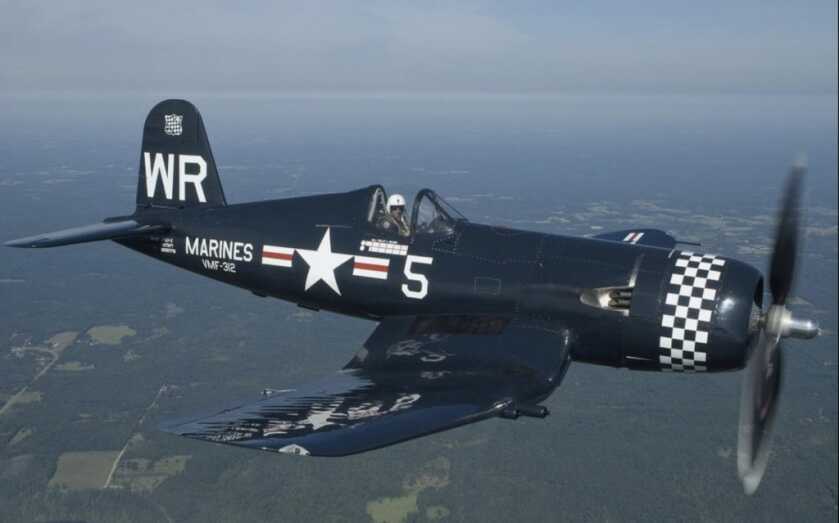
The Vought F4U Corsair was imagined from the outset as a carrier-based aircraft. The earliest versions of the plane were designed around a massive 2,000 horsepower 18-cylinder Pratt and Whitney R-2800 Double Wasp radial engine. To extract every bit of available power from that enormous engine it turned a Hamilton Standard Hydromatic three-bladed propeller that was 13 feet 4 inches in diameter.
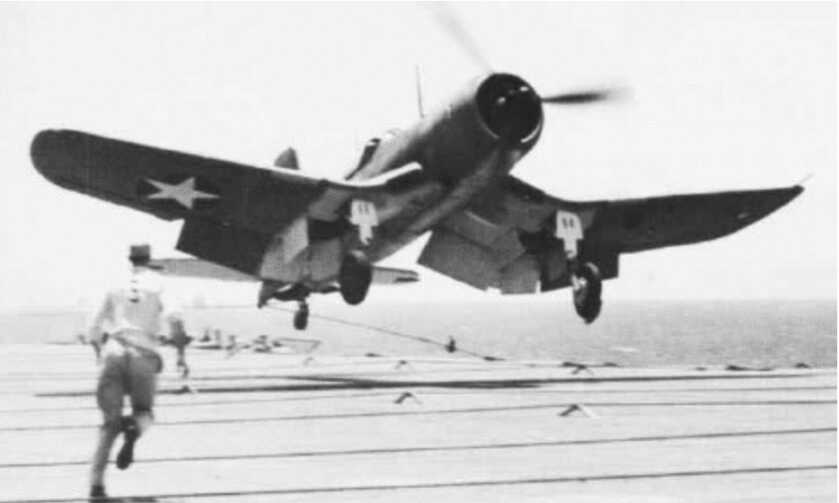
Little is tougher on an airplane than carrier landings, so the Corsair’s landing gear had to be stout. To be stout they had to be short. To design an airplane structure with short stocky landing gear and a 13-foot propeller necessitated the Corsair’s beautiful gull wings. The graceful gull wing design became the plane’s most arresting feature.
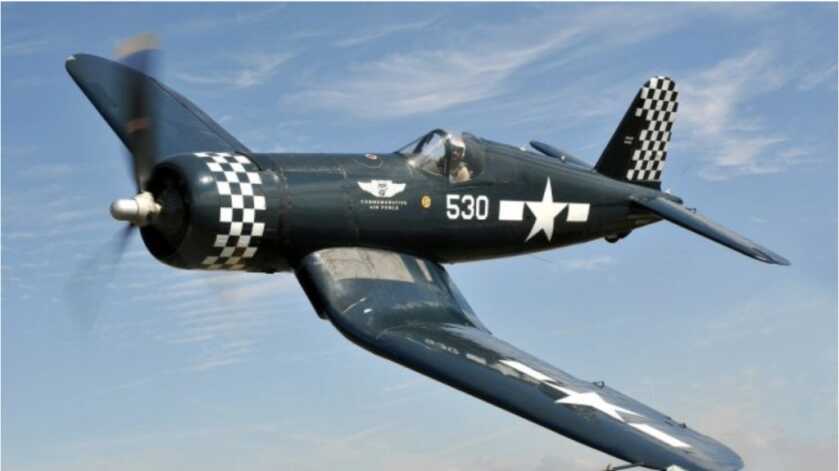
12,571 copies rolled off the lines at both Vought and Goodyear between 1940 and 1953. The airplane saw active service in American hands in WW2 and Korea. New Zealand and France operated the ship well into the 1960’s. During WW2 the Corsair racked up an 11-to-1 kill ratio against the Japanese. The Japanese called it “The Whistling Death” based upon the sound the wind made passing through the oil coolers. The Corsair’s 11-year production run was the longest for any American piston-driven fighter plane.
So Much, So Fast
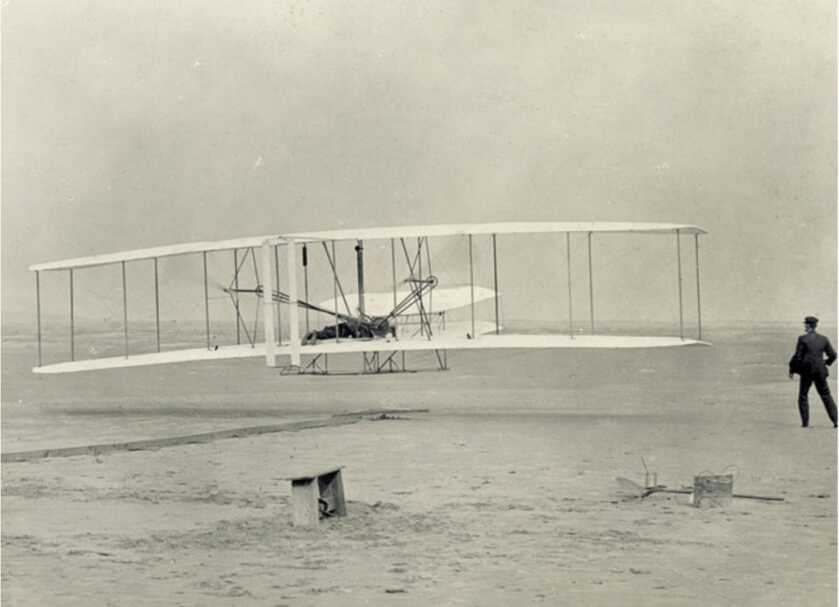
While the Corsair was indeed a profoundly successful fighter plane, it was also terribly unforgiving. At the time of its introduction, aviation was still in its relative infancy. On December 17, 1903, the Wright Flier had its first serious success. Wilbur Wright had tried to take the Flier up three days prior but merely coasted some 3.5 seconds before stalling the machine and pranging it up a bit. On the 17th the aircraft flew four separate times. The last flight of the day covered 852 feet in 59 seconds with Wilbur at the controls. That averages out to about 10 mph. A 20mph headwind kept the plane aloft. At the end of this momentous day a gust of wind tumbled the flimsy plane end over end, and it never flew again.
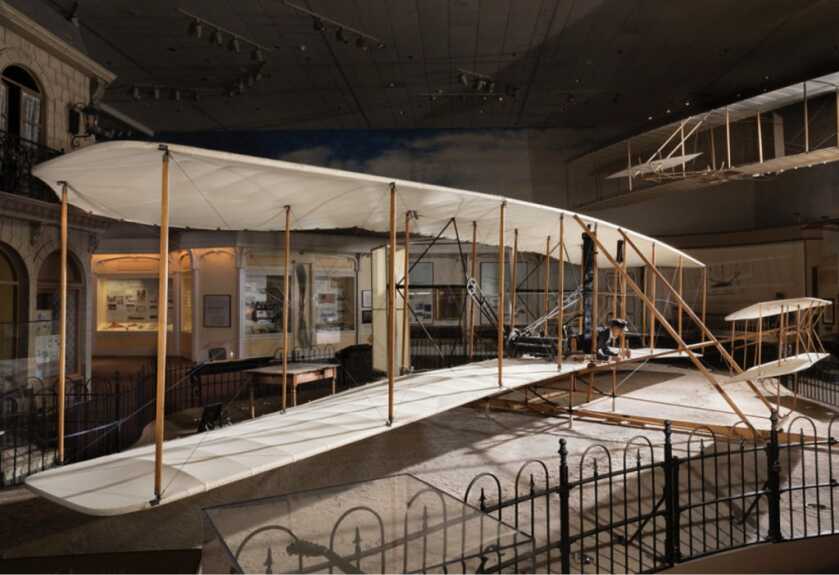
The Flier weighed 745 pounds and sported a 12-horsepower engine. A mere 37 years later the Corsair weighed 14,000 pounds and could cruise at 446 mph. The F4U had a service ceiling of 41,500 feet. Despite the fact that Navy and Marine pilots were meticulously screened and trained to a standard unrivaled anywhere in the world, fully 56% of aircraft losses in the Corsair were not due to combat action. The combination of cutting-edge performance and raw power simply made the Corsair a challenging machine to fly.
The Guns
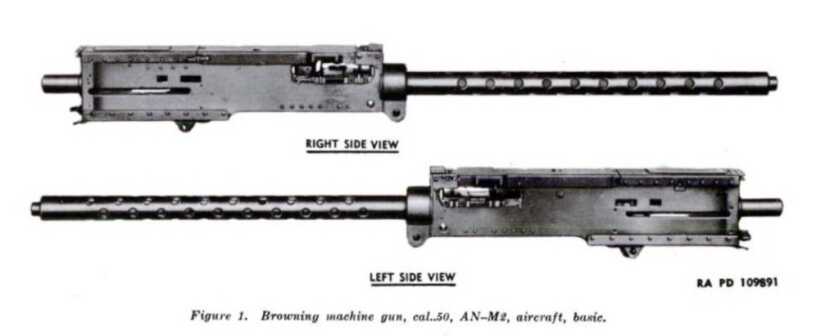
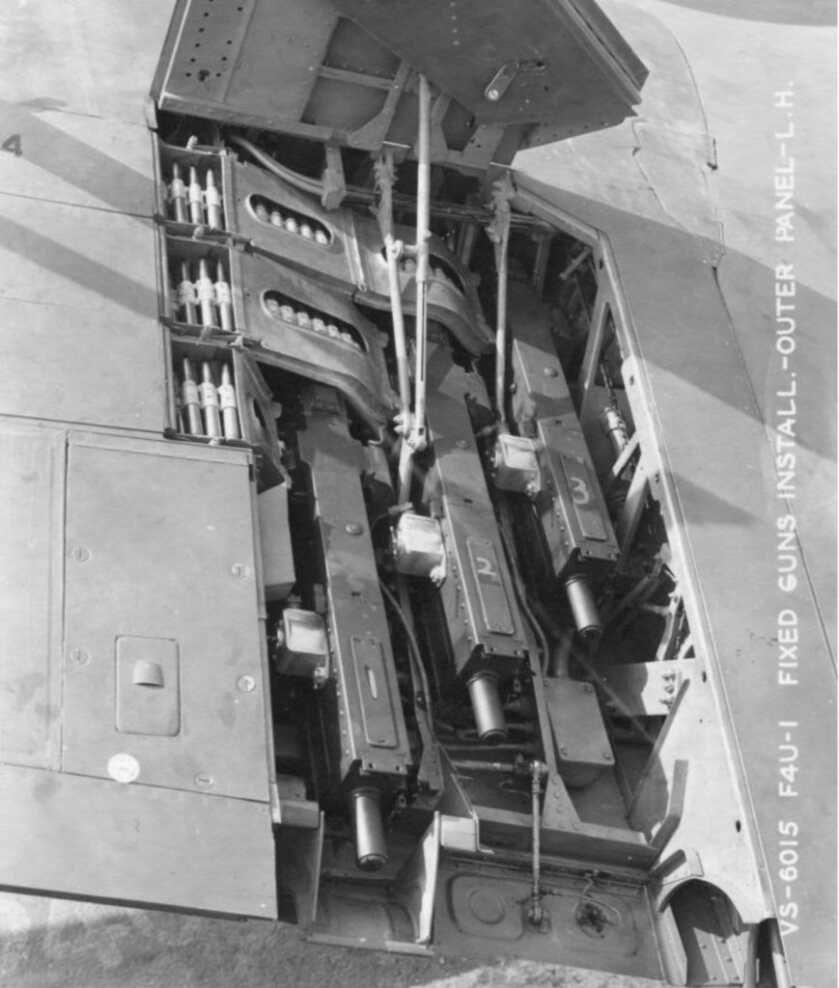
The armament on a Corsair has little bearing on this tale, but this is a gun website and you rightfully expect firearms-related content. Early F4U’s sported half a dozen Browning AN/M2 .50-caliber machineguns. AN stood for “Army/Navy.” Each M2 weighed 61 pounds and cycled at between 600 and 800 rounds per minute. Each of these six guns carried 400 rounds onboard. B25 Mitchell gunships could potentially carry as many as 18 of these monsters.
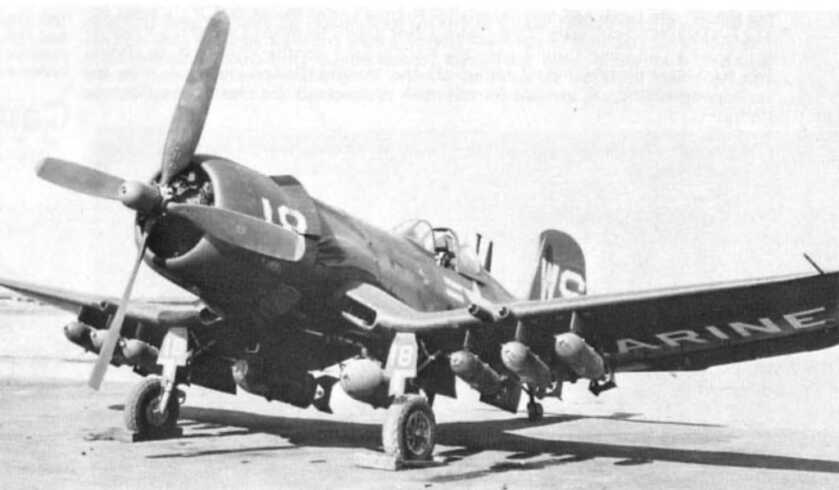
We Americans did passionately love our fifties, but by the middle of the war advances in aircraft performance and armor had rendered these beloved weapons somewhat less than ideal. Even the lightweight Japanese Zero was armed with a brace of 20mm cannon. Later versions of the Corsair packed four AN/M3 20mm automatic cannon. Each of these guns carried 231 rounds.

The AN/M3 was an Americanized version of the Hispano-Suiza HS.404 gas-operated, delayed-blowback 20mm gun used across all fronts during WW2. The AN/M3 cycled at 650 rpm and fired a roughly quarter-pound projectile. These shells packed a high explosive incendiary filler behind a No 253 Mk IA Direct Action (Percussion) fuze.
What Became of All Those Planes?
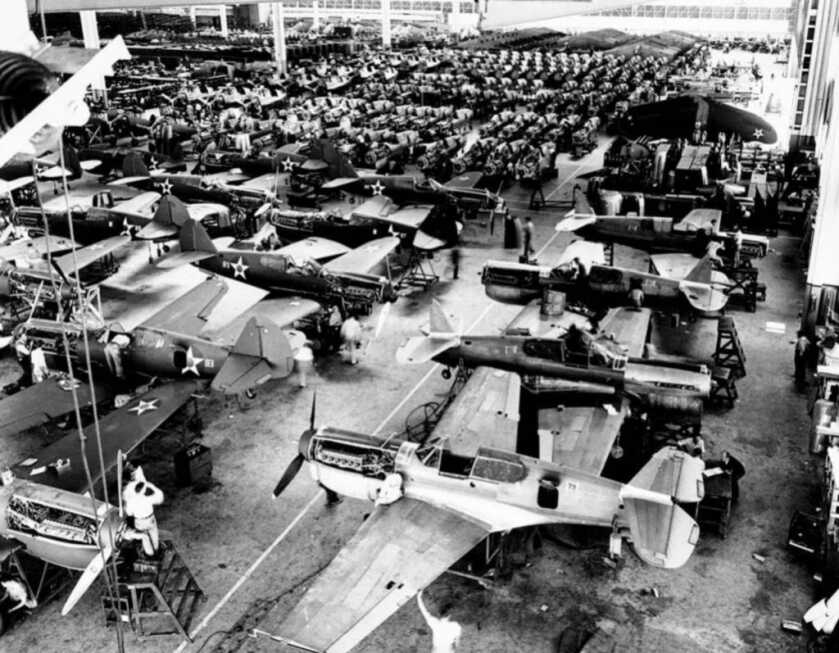
At peak production during World War 2 American industry was churning out some 8,000 warplanes a month. The sheer volume of sundry stuff produced in this country has never been rivaled before or since in all of human history. With the end of hostilities all of those magnificent aircraft were suddenly superfluous.
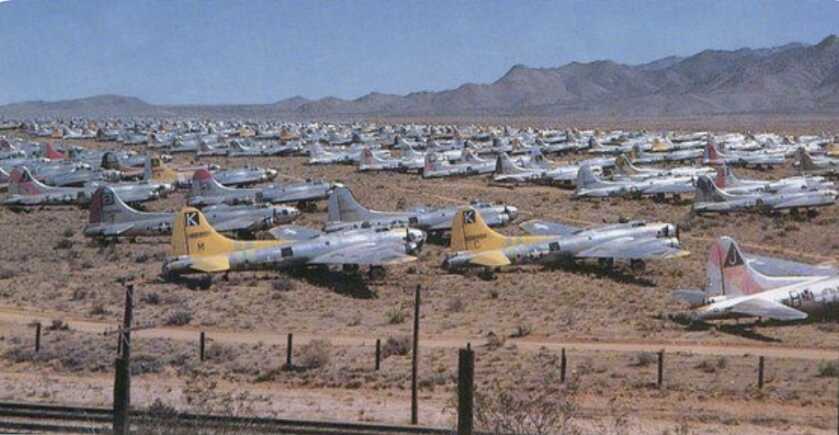
P38 Lightnings, B25 Mitchells, P51 Mustangs, and B17 Fortresses were undeniably sexy cool, but they were not designed for efficiency. Their immensely powerful engines guzzled fuel and oil. Maintaining these large complicated machines was expensive. At a time when the planet was covered in the detritus of combat, nobody really wanted these things. Nowadays a restored WW2-era fighter plane might set you back a couple million dollars. Back then, however, most of them were simply scrapped. A shockingly large number of military aircraft were flown straight from the factories to the scrapyards. Makes a guy kind of ill to think about it today.
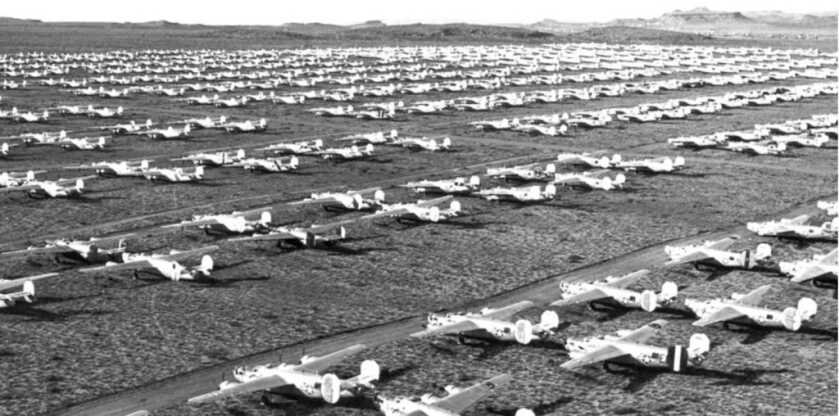
There was supposedly a three-year period wherein folks could pick up surplus warplanes cash and carry under the auspices of the War Assets Administration. I have read that a series of disposal fields was established across the country where anyone with a little folding money could freely purchase a Mustang, Thunderbolt, Lightning, or Corsair, bereft of guns of course. After a while the program was hemorrhaging capital and the remaining inventory was turned into beer cans. For that brief period, however, a fully operational Corsair could be had for a bit north of $1,000. That’s about $12,400 today.
The Murder
I have read the following story from two sources in print. I was unable to find any reference to it online. If you know it to be apocryphal then try to suspend your skepticism and just enjoy the tale.
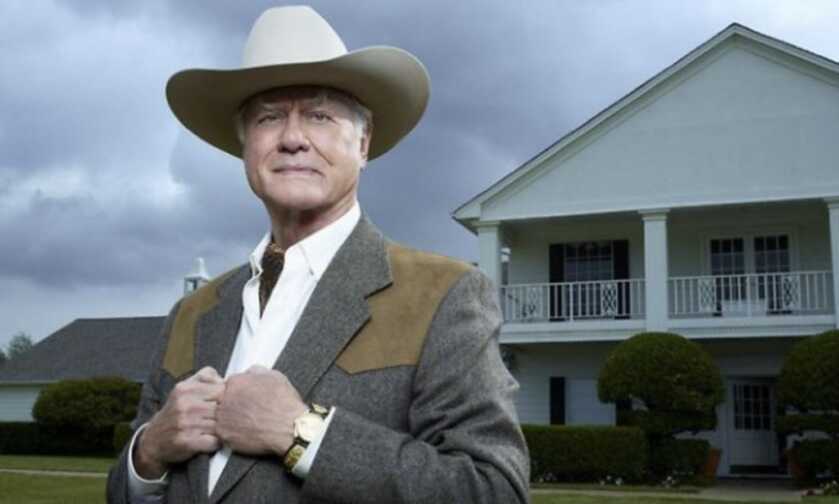
The murderer was a Texas oil tycoon, part of the nouveau rich made ridiculously wealthy by the recent global hemoclysm and its insatiable demand for petroleum. His wife was a shrew of sorts, the kind of woman who gravitates toward this kind of man and then becomes intolerable in short order. She had grown accustomed to the trappings of wealth, and he had grown weary of her company. Arguments became the norm, and they grew distant as a result.


The man assuaged himself with a mistress. He had money, and that reliably attracted pretty girls. Had the guy been blessed with a bit more insight he might have appreciated that it was this very romantic calculus that had landed him in his current sordid state. Alas, this time-tested technique seldom if ever satisfies, yet humans have monotonously pursued such from the very dawn of time.
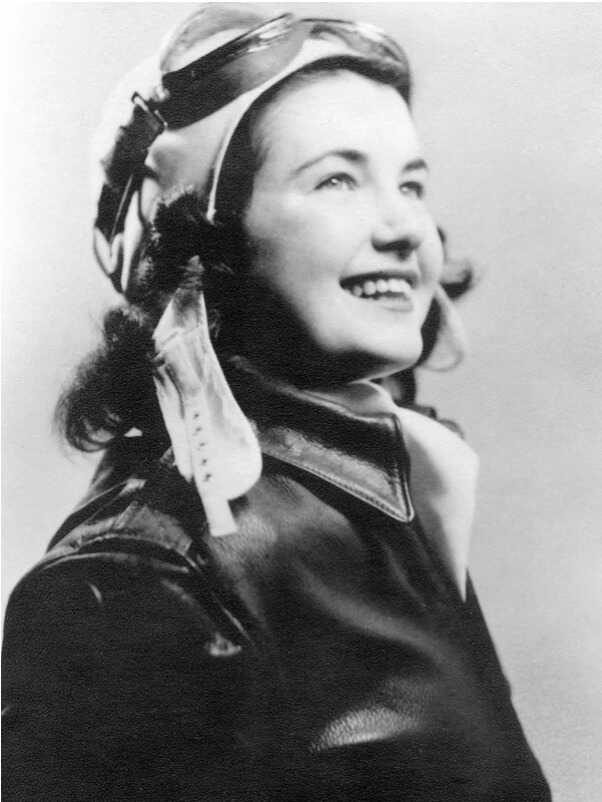
For her part, she craved adventure. Women had only earned the right to vote some 27 years previously, and gender emancipation was just finding its level. Thanks to the demands of total war, women had been granted opportunities to experience the workforce and the world that might have been unimaginable a mere decade earlier. Once that genie was out of the bottle there was no putting it back. In this young lady’s case, she liked to fly.
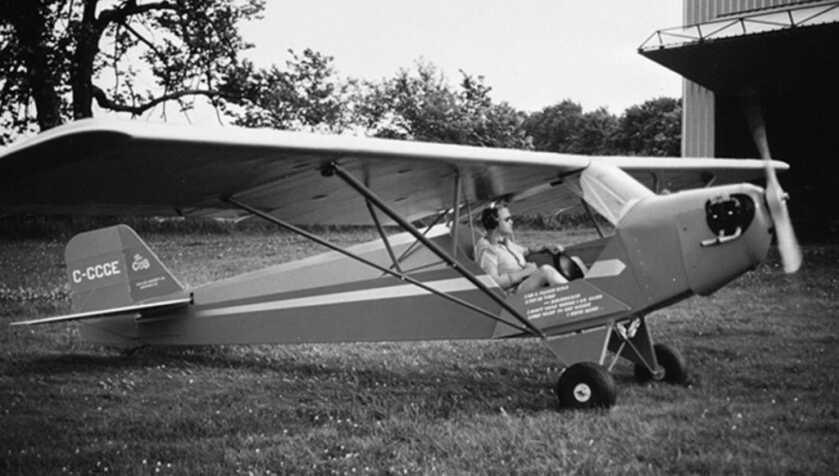
She had possession of a Taylor Cub and fancied herself quite the competent pilot. On the occasion of her birthday her husband purportedly threw a party. On the surface at least they were still the perfect happy power couple. Friends and relatives came from all around to the expansive ranch to celebrate. Imagine her delight when she found that her husband had gifted her an F4U Corsair fighter plane of her very own.
The Killing
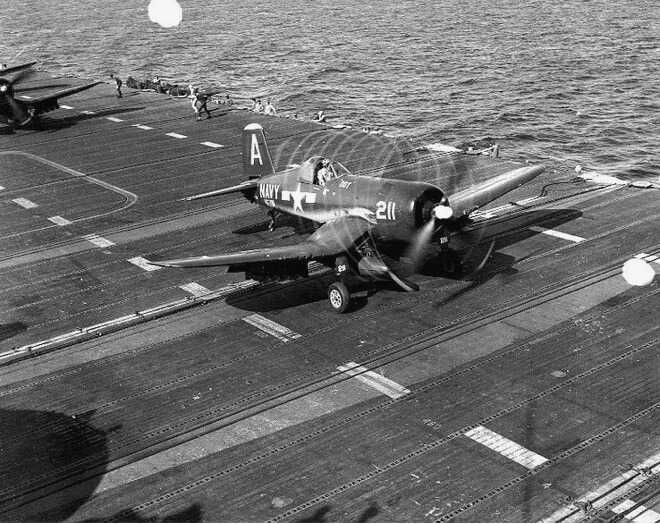
Everything in the universe is physics. If you open the throttle on a 2000-horsepower engine swinging a 13-foot prop all that torque has to go someplace. When Corsair pilots were on approach to an aircraft carrier they typically put their props to flat pitch and cranked in 20 degrees of right rudder trim, compensating for the tendency to crab with left rudder pedal. This way if they had to advance the throttle suddenly for a go-around the engine torque wouldn’t roll the big plane inverted with catastrophic result. Apparently nobody explained that to this oilman’s wife.
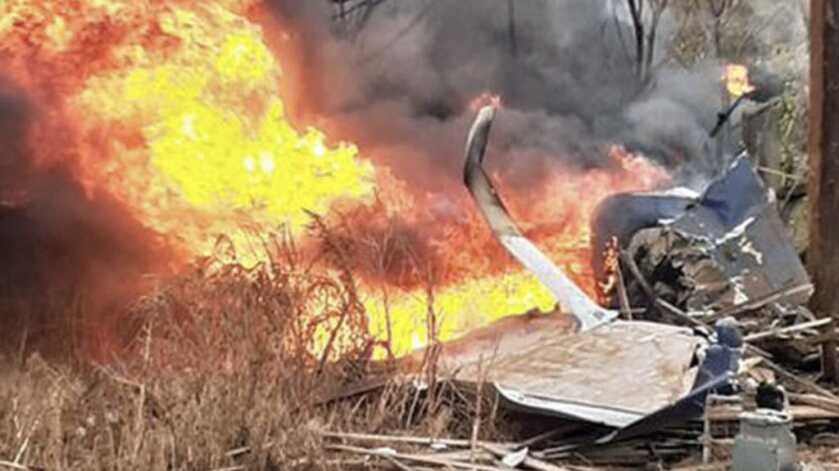
As the story goes the delighted woman climbed aboard, fired up that big Pratt and Whitney Double Wasp, and lined up on the grass runway on the ranch. When she pushed the throttle forward to take off in front of her accumulated guests the big fighter purportedly ground looped and exploded, quite effectively rendering the oil man a widower. After the requisite period of mourning the clever killer allegedly married his girlfriend, likely to start the entire sordid process over anew. And that, my friends, is how a put-upon Texas oil tycoon supposedly murdered his wife with a surplus Corsair fighter plane.


She had to be incredibly gullible and reckless to not get checked out in it first. A Darwin award winner.
very entertaining article! I never thought of the corsair as a plane that could be as dangerous to the uneducated pilot as the enemy he sought to defeat with it. but im not a pilot either. I too grew up watching black sheep with my korea vet dad.
Being a fellow aviation nerd (and of corse us pilots always think we’re smarter than the other guy) I had to add, that’s not a Piper J-3 cub, it’s a Taylor J1.
Ahh, I thoroughly enjoyed this article, and I’d like to quote my Marine Corp WWII hero, “Show me a hero and I’ll show you a bum.”
My father was an turret gunner on an Grumman Avenger TBF during the WW2. He told me he was amazed how the Corsair
could take the beating every time it landed on the deck but what amazed him the most was how the arresting
hook could take that punishment and not be pulled out of the tail.
Will … what is going on these days ? It is your second story in a row that I am not sure you should have published. Again you advance something without enough clue to make us believe what you want us to believe. It is very unusual from you. Should you take a break ?
Here’s the deal, guys. This column is a marathon, not a sprint. We’ve been at it more than two years now. There should be well over a hundred of these pieces in circulation. I really enjoy pulling them together. However, if you write about mass shootings or WW2 infantrymen each week things get fairly repetitive. I stay about a dozen or so ahead, and my editors decide what runs when. As a result I am as surprised as you guys are regarding what shows up every Monday. I rather enjoy that part of it myself. I have another fifty or so topics in the queue and add some more each week. If you don’t like something one week just sigh, roll your eyes, and be patient. Next week will likely be different. These are not published in the order I write them. Some are fresh and others I penned months ago. I just try to toss in quirky angles from time to time to keep things fresh. There are mobsters, soldiers, terrorists, and cops aplenty still in the chute.
That’s the answer nay-sayers deserve.
In comparison, let’s talk music; name 10 one-hit wonders; name ten bands doing it 20-30-40 years.
Readable material is not single topic, unless the reader is narrow minded.
That’s far different than Mr.Dabbs efforts cranking out better than editorial grade text single-mindedly. I’ll continue a ‘customer’ until he runs out of ink.
She wasn’t murdered….she committed suicide!
After knowing the power and capability of the Corsair, it would take a person of skill and courage to roll one out for takeoff. But old Pappy used to sleep in his on those long flights over the Pacific and rigged the control stick with string and rubber bands so he could adjust it’s flight with a touch of his fingers while dozing. The sound of the P&W told him if the plane was climbing or dropping. And he had those young guys flying with him on watch too. After the war the air races became more popular and that 4360 was souped up to put out about 4000 hp. All those years of prop fighters and big powerful piston engines are truly, like the Old South, gone with the wind. Another great read, Mr. Will. Thank you
Slight correction to above comment, perhaps: The “factory floor” in the photograph shows North American Aviation P-51B single-seat aircraft with V-12 cylinder engines. The F4U used a radial engine.
?????? No, sorry
Those are P-40’s, NOT P-51’s.
Also note the American insignia on the planes, that insignia was dropped in May of ’42 in favor of the standard one with the banners, and no Mustang flew operationally for the USAAF until after that.
It’s hard to tell from the pic, but it looks like some in the background are earlier model ‘C’s, as they appear to have the nose guns, which was eliminated with the ‘D’ models, which are probably the ones in the foreground, due to their lack of the nose gun channels.
You should look a little closer. Those airplanes are P-40 Warhawks. Note the shape of the wing tips and the horizontal and vertical stabilizer tips (noticeable on the planes in the back of the picture), a Mustang’s wing and stabilizer tips are more or less squared off; whereas, the Warhawk’s wing and stabilizer tips are rounded off. The squared off tips added to the Mustang’s handling and performance as well as its fuel efficiency. Also, note how large the air intake is on the engine cowling. One other note, the Mustang was just another airplane until the Allison engine was replaced with Rolls/Royce’s V-12 Merlin engine.
What did I just read??
If you have it and you know you have it, then you have it. If you have it and don’t know you have it, you don’t have it. If you don’t have it but you think you have it, then you have it.
Jackie Gleason
What a plane it was, but it took the Brits to figure out how to get it to land on carriers successfully. In that pic of the factory floor, the after VJ Day, that floor was empty of employees, they were done. The latest models of which only 10 were actually completed contained a 4 row R-4360-10 Wasp Major engine, produced in excess of 3,000HP and was the most powerful piston engine made by the US in WW II. The Corsair and the Wasp 10 were highly sought after for the air racing circuit after the war. As the article also stated, just 40 some years earlier, a 2 cylinder aluminum block engine mostly built by the Wright Brothers, chugged the Wright Flyer into the air, and over that 40 years, machining, metallurgy, oil and gas chemistry created some of the most powerful gas engines ever made, and they were works of engineering art too. How was this possible? I have a 1930’s high school book, from a NYC high school I bought from a bookseller. It is a high school course on becoming a machinist. You learn everything, you make your own tools, you master the lathe, milling machine, gear hobber, all these machines and more where in the school shops. The last chapter is the construction of a single cylinder gas engine similar to a Briggs and Stratton lawn mower type with vertical cylinder. The student casts his own block, machines every part, even builds the carburetor. What do they teach in HS today? How not to offend and to use the girls bathroom when you wake up in a girl mood one morning. Another conflict that demands the industrial might of the US, will have no one capable of doing the work on that scale.
That is possibly the single most bizarre preamble, in a venue famous for bizarre and not even tangental preambles, that I have read to date.
Sometimes, its’ best not to *hit* return or enter…. just yet.
“The graceful gull wing design became the plane’s most arresting feature.”
You mean, other than the arresting hook, right???? 🙂
Great story, Will. Thanks for your service …. from a brother ex-Army Captain, Charlie model gunship pilot and platoon leader, RVN ’68-’69.
A friend’s father flew the Vought F4U Corsair in World War II. He had the distinction of having been shot down five times. This was impressive when we consider that only 189 Corsairs were lost in aerial combat during the entire war. He accounted for 2.6% of these losses all by himself.
He told me that his buddies referred to him as a “Japanese Ace”.
That’s messed up. Lol
I enjoyed the first section of the article the second section not so much. I would’ve preferred the focus solely on the Corsair.
Great article Will. I really enjoyed it!
The Vought Corsair was (and is) my most favorite airplane of all time. Growing up watching Robert Conrad as “Pappy” Boyington may have had something to do with that. I always dreamed of flying one… but I came along a few decades too late. I did fly the Bush in Alaska for a time, and even a lowly 207 with a 300 horse Continental takes a good deal of right rudder on climbout. I can’t begin to imagine the torque of the Corsair! Their engines could be run at the max “war” power setting for only brief intervals and required water injection for cooling. What a friggin’ Beast!